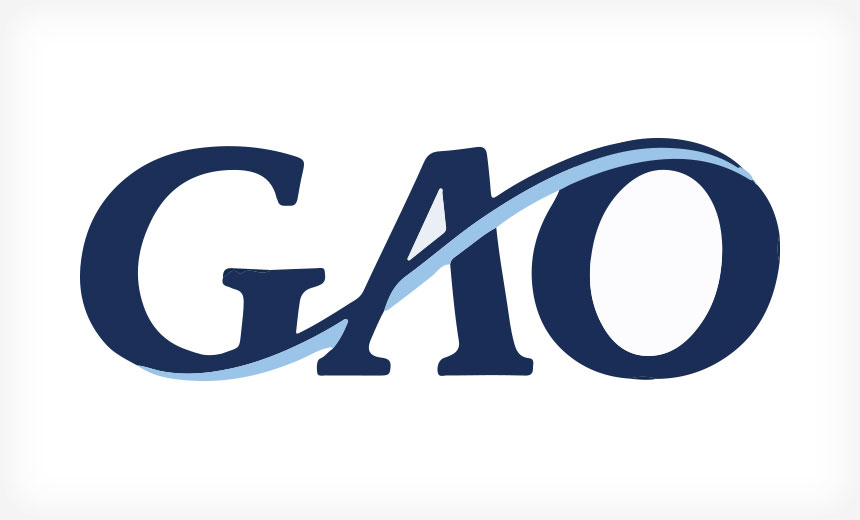GAO Housing Credit Development Cost Study Illustrates State Efforts to Ensure Reasonable Costs and Recommends Additional Data Collection

Today, the U.S. Government Accountability Office (GAO) published its long-awaited report on Low Income Housing Tax Credit (Housing Credit) development costs, “Low-Income Housing Tax Credit: Improved Data and Oversight Would Strengthen Cost Assessment and Fraud Risk Management.” The report, the third major study in a series of reports GAO has conducted in recent years related to the Housing Credit, considers development costs of Housing Credit projects placed in service between 2011 and 2015 in 10 states (Arizona, California, Florida, Georgia, Illinois, New York, Ohio, Pennsylvania, Texas, and Washington) and the project characteristics that impacted those cost. It also provides a detailed and comprehensive description of all state Housing Credit allocating agencies’ policies and practices for ensuring development cost reasonableness.
GAO’s findings regarding development costs and cost drivers are generally consistent with recent independent research on Housing Credit development costs commissioned by NCSHA and conducted by Abt Associates. GAO finds that the median total development cost (TDC) per unit in its 10-state survey was approximately $204,000. While this is higher than the median TDC observed in the Abt Associates research—$164,757 per unit—this difference is likely due in part to the differing data sets used in the two studies. The Abt research includes Housing Credit projects nationwide, whereas the 10 states in the GAO study include some of the highest-cost cities in the nation, such as San Francisco, Los Angeles, New York City, Seattle, Chicago, and Miami. Additionally, unlike the GAO data, the Abt data includes 4 percent Housing Credit properties, which Abt found to be statistically less expensive to construct, on average, than 9 percent properties.
In addition to analyzing actual development costs in the 10 states, GAO also examined the most recent Qualified Allocation Plan (as of 2017) for all 57 allocating agencies to review the policies and practices every agency has related to limiting development costs or incentivizing lower costs. Nearly 70 percent of agencies had firm cost limits, 60 percent of agencies had limits on Credit allocations, nearly 90 percent had fee limits, and nearly 90 percent had cost-based scoring criteria to incent lower-cost projects. GAO found that more than one-third of agencies used all four types of cost management approaches.
The GAO report includes several recommendations to IRS and Congress.
GAO recommends that IRS:
- require general contractor cost certifications for Housing Credit projects to verify consistency with the developer cost certification
- encourage Housing Credit allocating agencies and other program stakeholders to collaborate on the development of more standardized cost data
- communicate to allocating agencies how to collect information on and review Housing Credit syndication expenses, including upper-tier partnership expenses
- GAO also recommends that Congress designate an agency to regularly collect and maintain specific cost-related data from allocating agencies and periodically assess and report on Housing Credit development costs.
GAO provided NCSHA the opportunity to submit a comment letter on the report in advance of its release, which is published as part of the report. Our comments include specific responses to each of GAO’s recommendations. While NCSHA does not believe adoption of GAO’s recommendations to be critical to state administration of the Housing Credit program or its ongoing success in addressing affordable housing need, should Congress or IRS decide to act on them, NCSHA and our Housing Credit allocating agency members stand ready to adopt policy changes as needed.
NCSHA issued a press statement in response to the GAO report. We have also developed a helpful side-by-side comparison of the GAO and the Abt Associates reports.
For more information, contact NCSHA’s Jennifer Schwartz.

